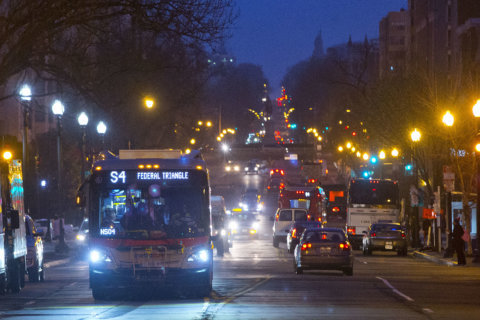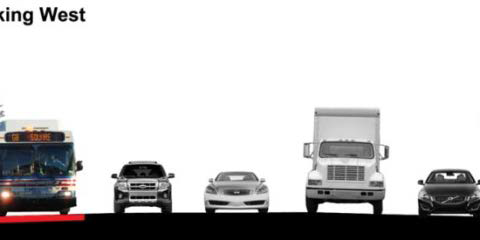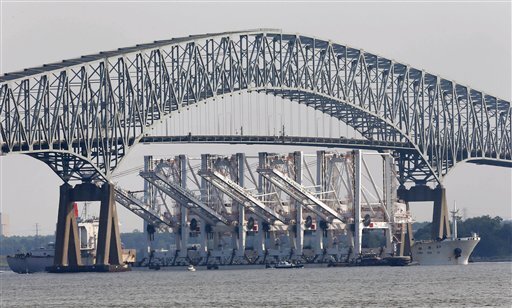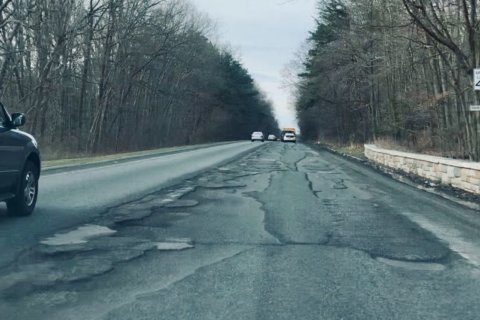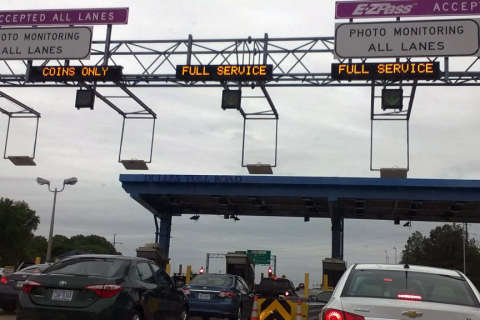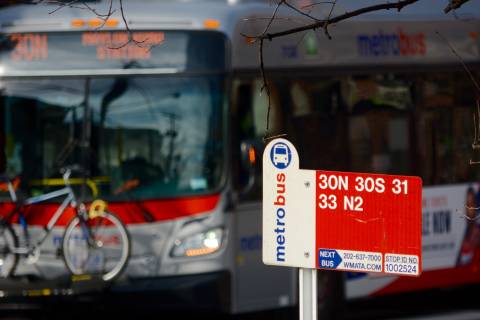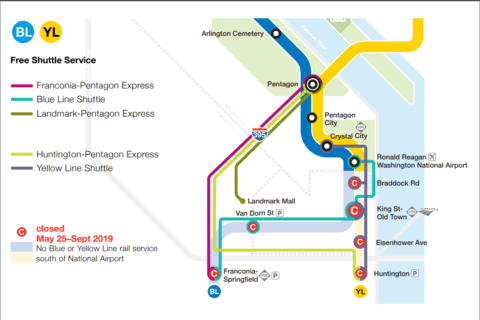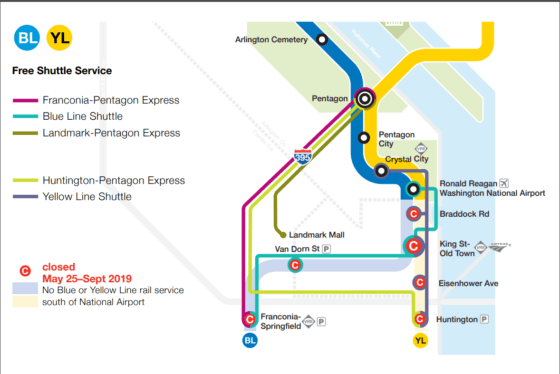Driving into part or all of D.C. could require paying a toll in the future, under a $480,000 study proposed by the D.C. Council.
The congestion pricing study would be done over the next year with analysis of costs and benefits of tolls, or similar fees on some roads within the District and/or on bridges into the District controlled by the city. That could lead to charges only for drivers who enter a specific part of downtown, or to drivers who cross from Maryland or Virginia.
The study is also due to address regional tolling or pricing collaboration with Maryland, Virginia or local suburban governments, which could lead to a different congestion pricing structure or set a wider area for the tolling.
New York City just approved a similar downtown congestion pricing measure meant to make people think twice before adding to traffic.
“Traffic is already a constant inconvenience for District residents, and with the arrival of autonomous vehicles in the near future, the District may face even greater traffic congestion,” D.C. Council member Mary Cheh said.
Her proposal from the Committee on Transportation and the Environment requires the results of the study be made public by July 2020.
“This study will provide the council with essential information on how the District could implement congestion pricing to help reduce the number of non-District drivers on our roads, including pricing strategies, and help identify any equity concerns that may exist and, of course, any legal constraints,” Cheh said.
In the past, complaints that tolls were a commuter tax that would recoup money the District is unable to collect in income taxes were one roadblock. But with tolls coming up to the D.C. line now on Virginia’s Interstate 66 and, soon, part of I-395, that argument could hold less water.
“Specifically, the study should evaluate and plan for the tolling of the roads into the District consistent with the tolling of those same roads by Virginia,” the committee’s budget document said.
The council could also determine how to spend any money raised.
D.C. Council members Charles Allen and Jack Evans explicitly spoke in support of the proposal at a committee markup.
“There are so many cars,” Evans said. The Metro Board chairman said it took him almost an hour Wednesday night to drive from Georgetown to City Center.
“You just can’t get around the city, and so how are we going to address this enormous traffic?” Evans said.
Other efforts to provide better alternatives to driving included in the budget involve funding for bus-only lanes on K Street NW; language urging the Bowser administration to build more protected bike lanes; funding to advance safety improvements at places such as “Dave Thomas Circle“; expanded focus on helping kids, parents and teachers with safer routes to school; and new flashing lights to remind drivers to stop for people in crosswalks on Georgia Avenue NW near Howard University and on Irving Street near the Columbia Heights Metro station.
A debate over the last-minute addition of an increase to the city’s soda tax nearly derailed the budget markup, but the issue was eventually forwarded to the full council’s markup session later Thursday afternoon.
Cheh proposed raising the current effective 6% soda tax to 8%, and proposed adding sweetened coffee and tea drinks to those covered by the tax. She wanted the funding to go largely to improve school and summer meals programs for children in need.

